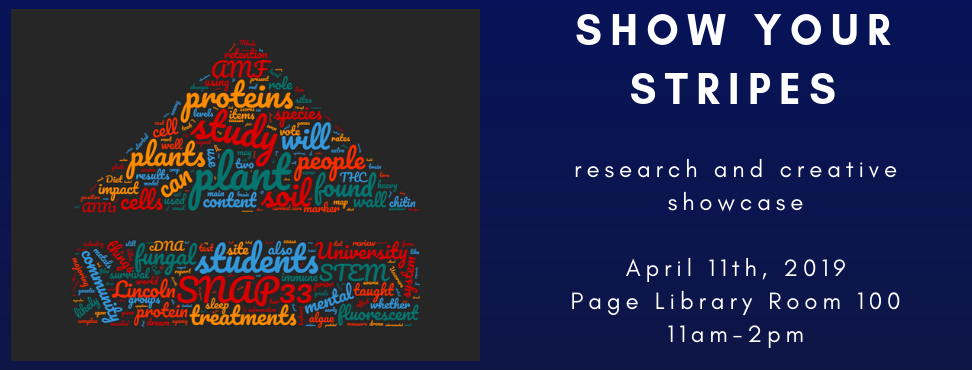Location
Inman E. Page Library, Room 317
Start Date
4-11-2019 11:45 AM
End Date
4-11-2019 12:00 PM
Description
Currently, 1 in 13 people (264 million people) are diagnosed in the world with anxiety disorder. Anxiety is a disorder that causes random or triggered panic attacks due to an imbalance of neurotransmitters in the limbic system of the brain. Marijuana (Cannabis sativa) contains high levels of delta-9-tetrahydrocannabinol (THC). THC acts as a neurotransmitter and is able to attach to molecules called cannabinoid receptors on neurons, activate them, which results in changes in mental and physical functions. The neural communication network used by THC neurotransmitters is known as the endocannabinoid system. The endocannabinoid system and the limbic system are interconnected and share the use of cannabinoid receptors. Therefore, THC derived medications has a potential to alleviate anxiety symptoms by rebalancing of neurotransmitters in the limbic system.
Included in
Neurological Aspects of THC as a Treatment for Generalized Anxiety
Inman E. Page Library, Room 317
Currently, 1 in 13 people (264 million people) are diagnosed in the world with anxiety disorder. Anxiety is a disorder that causes random or triggered panic attacks due to an imbalance of neurotransmitters in the limbic system of the brain. Marijuana (Cannabis sativa) contains high levels of delta-9-tetrahydrocannabinol (THC). THC acts as a neurotransmitter and is able to attach to molecules called cannabinoid receptors on neurons, activate them, which results in changes in mental and physical functions. The neural communication network used by THC neurotransmitters is known as the endocannabinoid system. The endocannabinoid system and the limbic system are interconnected and share the use of cannabinoid receptors. Therefore, THC derived medications has a potential to alleviate anxiety symptoms by rebalancing of neurotransmitters in the limbic system.



